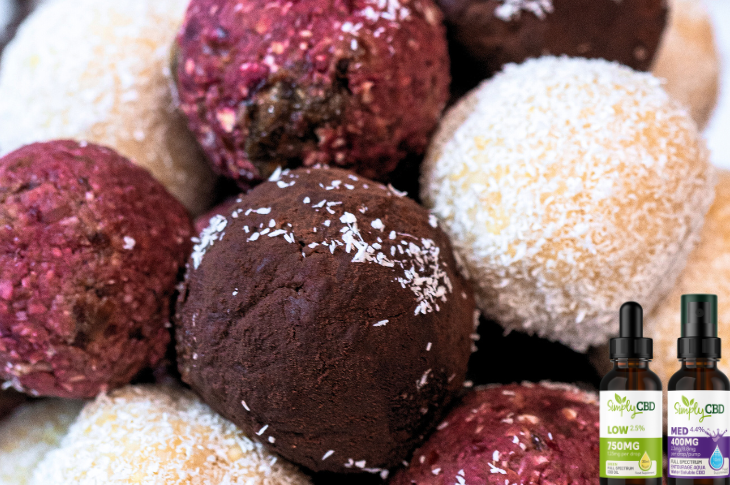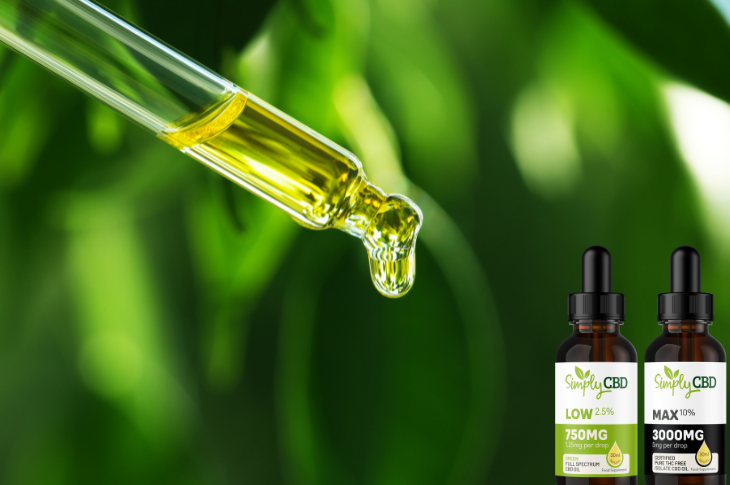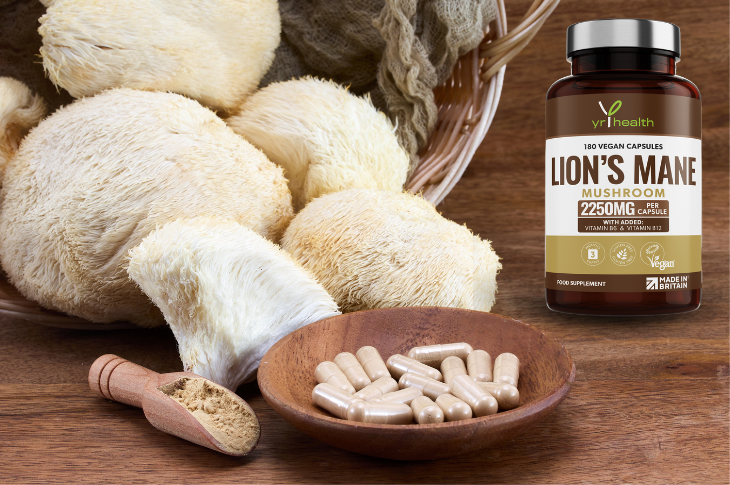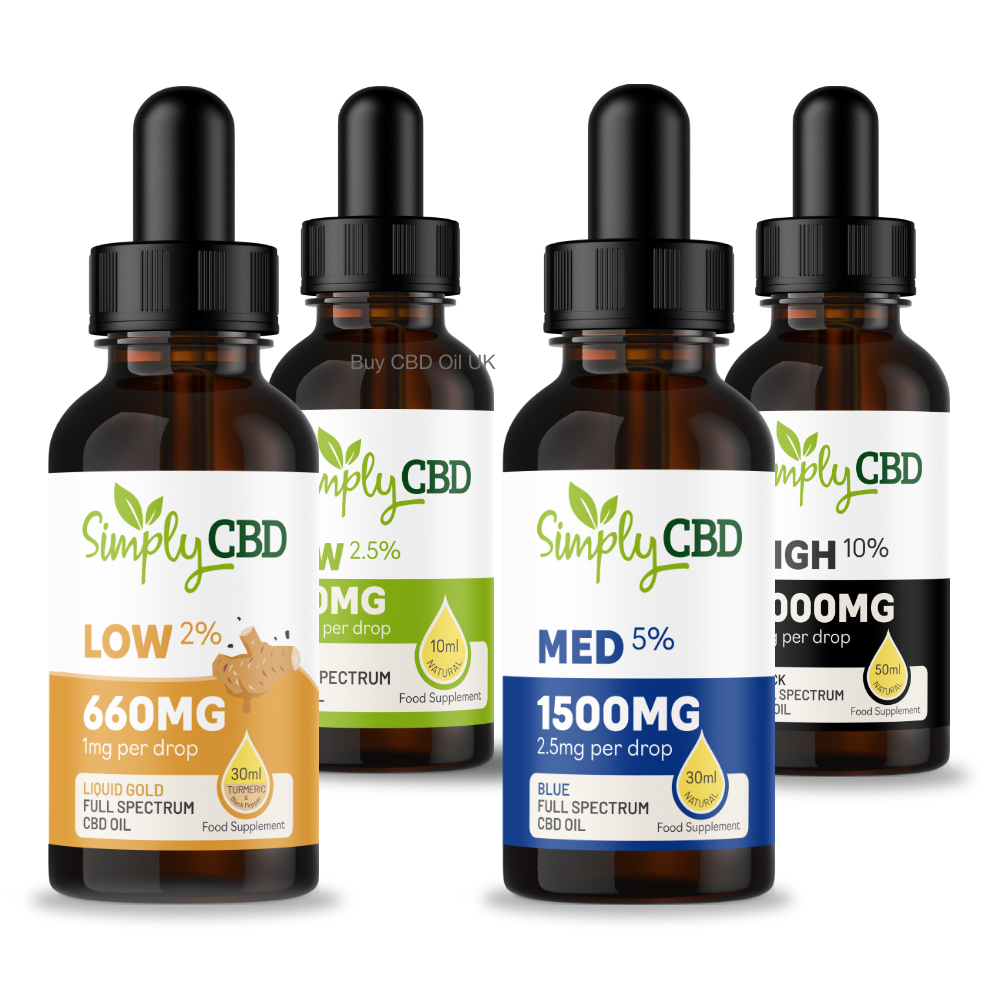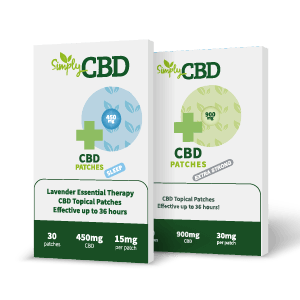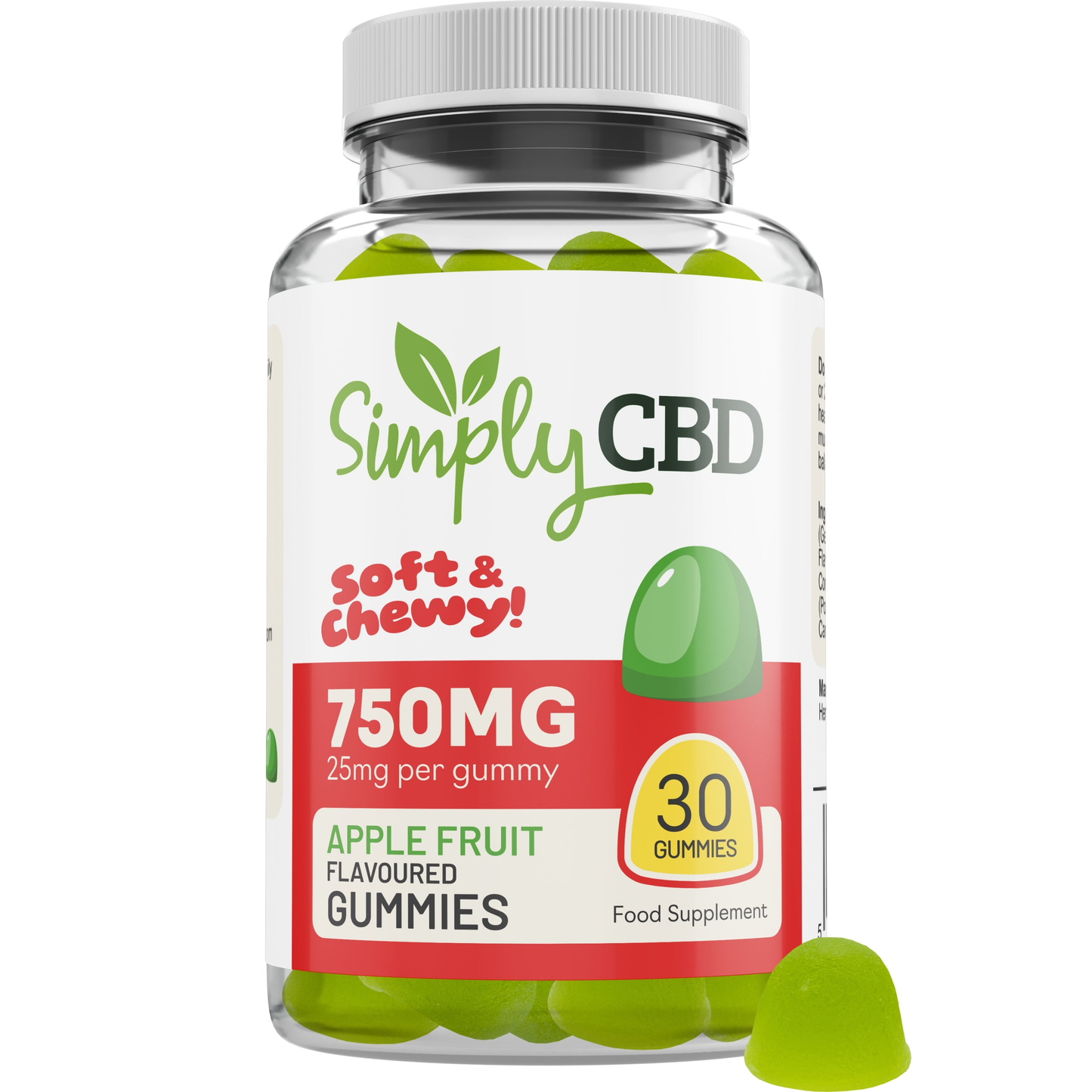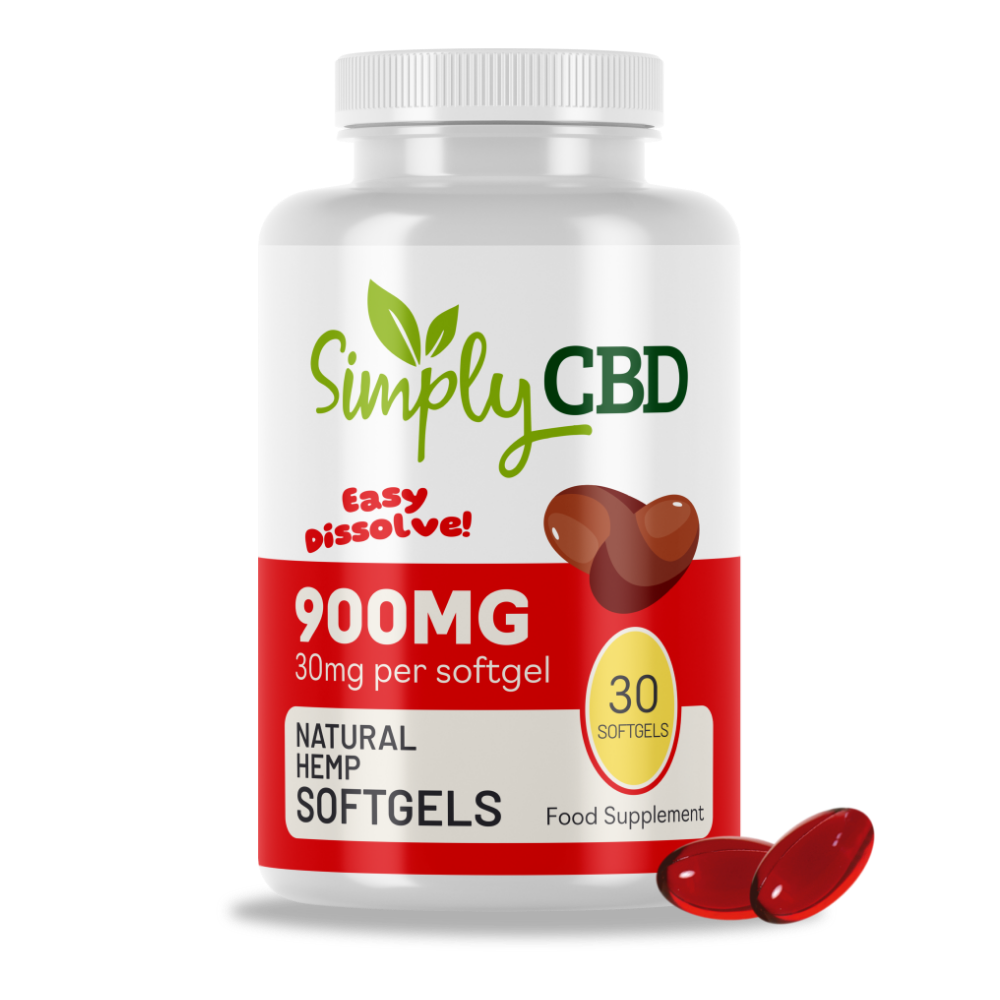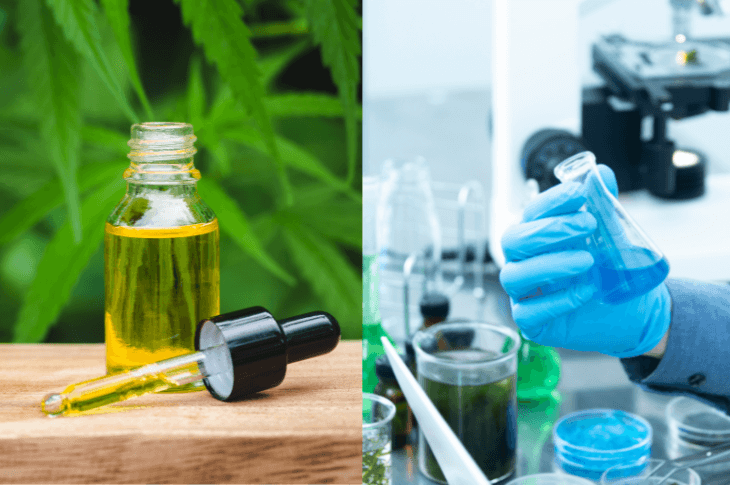
As the CBD industry continues to grow, new types of products appear on the market. This includes synthetic CBD products, which are not extracted from the hemp plant. It’s important for consumers to understand what they’re buying, and how natural and synthetic options differ from one another.
What is natural CBD?
Natural CBD refers to CBD that has been extracted from the hemp plant. This is where CBD is naturally found, hence the name. CBD may be extracted from hemp using a number of different methods, including CO2 extraction or liquid solvent extraction.
Depending on the type of product (for example CBD Patches), the extraction process may be designed to eliminate or include other cannabinoids, terpenes, and flavonoids from the hemp plant. When extracting full spectrum CBD, the other plant compounds aren’t filtered out and are present in the final product. Isolate products contain only CBD, which means they go through further purification and distillation after extraction to remove any plant substances other than CBD. Broad spectrum CBD products contain some of the other plant compounds but do not contain any traces of THC. Concerning THC, we cover a common question about whether CBD is addictive in one of our articles.
What is synthetic CBD?
Synthetic CBD is a man-made chemical compound designed to emulate natural CBD. This type of product has no relation to the hemp plant and is typically made with ingredients like yeast. Synthetic CBD products are usually chemically identical to naturally derived CBD, but that doesn’t mean they’re always the same in terms of safety or quality.
Synthetic CBD products are always isolate products, as there are no other naturally occurring compounds or cannabinoids present during the production process. In other words, all synthetic CBD products are isolates, but not all isolates are synthetic. There are plenty of natural isolate CBD products available, and natural isolate CBD is the most chemically similar to synthetic CBD.
What are the main differences and similarities between synthetic and natural CBD?
There are various similarities and differences between synthetic CBD and natural CBD, from their production methods to their potential effects on the body.
Differences
The main differences between natural and synthetic CBD products come from the way they’re produced. Due to the way synthetic CBD is produced, it only contains the chemical formula for CBD and no other plant compounds or cannabinoids, which means it does not have the potential to create what’s known as ‘the entourage effect’. Natural CBD can contain none, some, or all of the other substances found in the hemp plant, meaning it has the potential to have further interactions with the body’s endocannabinoid system and can produce the entourage effect.
Synthetic CBD is often marketed as a stronger alternative to natural CBD. While this may seem like a positive aspect of synthetic options, it can actually become more of a negative factor, because taking too high of a dose of CBD can cause adverse effects. There are many natural high strength CBD products available for users who want to build up and require higher doses in the long term, but it’s not advisable to start on a high dose.
As mentioned above, other differences include the origin of the CBD and its relation to the hemp plant.
Similarities
Both synthetic and natural CBD aim to produce the same effects (for example using CBD for sleep). These can range widely, as each individual uses CBD for different reasons, ranging from sleep support to proactive overall wellbeing.
Isolate CBD from both natural and synthetic sources usually takes the form of a crystalline powder, which is then commonly mixed with a carrier oil, like rice bran oil or hemp oil. The isolate CBD itself is usually chemically identical regardless of its origin, but there’s less clarity over the safety of synthetic sources.

Is synthetic CBD safe?
Synthetic CBD is designed to be chemically identical to natural CBD isolate, which leads many people to believe that the two are equally safe. However, this should not be considered a blanket rule for all synthetic cannabinoid products. In addition to the reliability of the seller, scientific studies should also be taken into account.
Some studies have shown adverse health effects and negative reactions to synthetic cannabinoids, including issues with liver enzymes. The research on this topic is still in its infancy, and much more evidence is necessary to determine how safe synthetic CBD is for human consumption. Many US states have banned synthetic cannabinoids for this reason.
Are synthetic options common?
Synthetic CBD products are becoming increasingly common. In fact, some CBD companies offer solely synthetic options. The process of creating synthetic CBD is cheaper than that of natural CBD, which is what attracts many businesses towards it.
Many common vitamin supplements contain synthetic ingredients, but they have been rigorously tested and approved by the appropriate organisations before being sold for human consumption. As many people may knowingly consume synthetic supplements that have been deemed safe, they assume the same goes for synthetic CBD. In reality, there is far less regulation and testing for synthetic CBD, so despite the fact that it’s widely sold, consumers can’t rest assured that it’s safe in the same way as other approved supplements.
What type of CBD does Simply CBD offer?
At Simply CBD, we only offer 100% natural CBD products. We firmly believe that CBD from the hemp plant is the best form of CBD, as that is where it occurs naturally. Our products include full spectrum, broad spectrum, and isolate options, all of which are extracted from hemp, with no man-made or synthetic cannabinoids. In addition to the CBD itself being natural, the other ingredients we include, such as the carrier oil, are also from natural sources.
Many distributors of synthetic CBD claim that it’s more controlled and the CBD levels are easier to determine as it relies on a specific scientific formula. However, it’s entirely possible to regulate the levels of natural CBD to the same standard as synthetic CBD when done correctly. It’s also important to recognise that many CBD users enjoy the fact that CBD is a natural supplement that comes straight from a plant, especially in contrast with other supplements or any medications they may be taking.
Key takeaways
Here are the key points to remember about synthetic CBD vs natural CBD:
- Natural CBD is extracted from the hemp plant, while synthetic CBD has no relation to hemp and is a man-made substance created in a lab.
- All synthetic CBD is isolate, but not all isolate CBD is synthetic.
- Synthetic CBD does not contain any hemp derived ingredients, such as other cannabinoids or plant compounds.
- Many synthetic CBD products are produced using yeast.
- Natural CBD can be full spectrum, broad spectrum, or isolate.
- Synthetic CBD is designed to be chemically identical to natural CBD.
- Due to a lack of research, it’s unclear whether synthetic CBD products are safe for human consumption.
- Simply CBD only offers natural CBD products.



